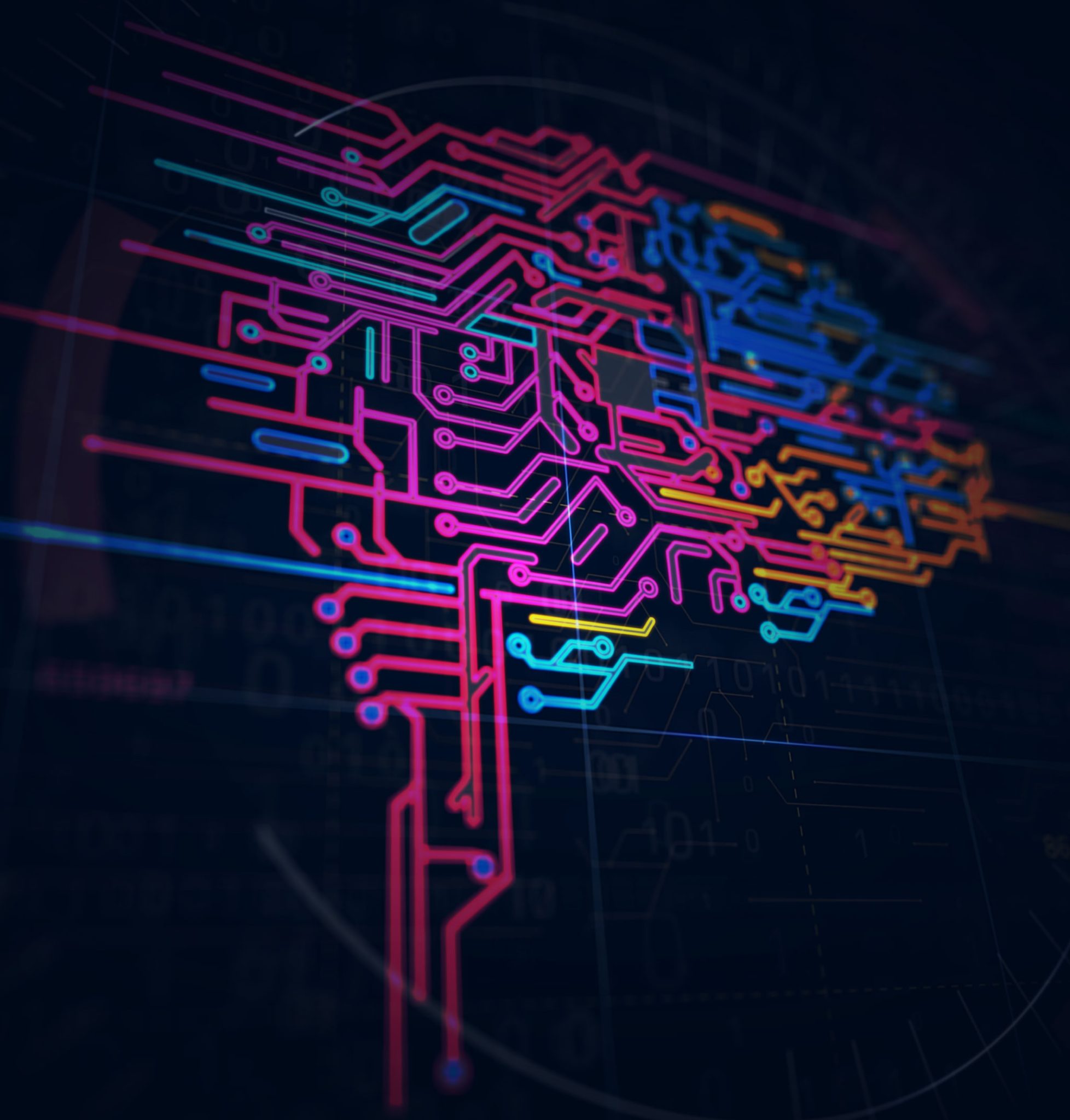Traditional analytics that analyzes historical data is giving way to newer and advanced AI and ML-driven analytical frameworks that generate near real-time insights. Enterprises are adopting AI in overhauling their analytics frameworks for faster and more reliable insights. Artificial intelligence (AI) analytics refers to automating data analysis by leveraging the power of advanced artificial intelligence and machine learning technologies. It involves running trained algorithms over massive datasets to discover patterns and identify relationships in the dataset without human interference. AI-driven analytics are helping stakeholders in fields like healthcare, finance, retail, and hospitality. Enterprises are deploying AI-driven applications to derive faster insights, discover trends, and make data-driven choices to cut costs, drive revenues, and streamline operations.
How AI analytics are helping enterprises achieve faster time-to-market?
AI Analytics leverages machine learning techniques to process vast data efficiently and quickly. Traditional data analysis methods require manual intervention, but with AI analytics, users can autonomously identify patterns within the data without explicit human input. The autonomous nature of AI allows businesses to extract valuable insights from their data at scale. AI-driven analytics helps enterprises unlock hidden patterns and information within their datasets. Enterprises are becoming more agile with AI-driven applications and processes that deliver near real-time insights by analyzing massive datasets.
Elements of AI Analytics
Machine Learning
Machine learning is a subset of AI that enables systems to learn from data and improve their performance without explicit programming. In BFSI, fraud detection models leverage machine learning to identify suspicious transactions based on historical data.
NLP (Natural Language Processing)
NLP enables computers to understand, interpret, and respond to human language. In Retail, chatbots that assist customers with product inquiries and provide personalized recommendations are based on NLP.
Deep Learning
Deep learning is a part of Machine Learning that uses deep neural networks to learn complex patterns from data automatically. In healthcare, deep learning models analyze medical images, like MRI scans, for accurate disease detection.
Neural Networks
Neural networks are information-processing models inspired by the structure and function of the human brain. Neural networks help in diagnosing diseases by analyzing genetic data and medical images.
Benefits of AI Analytics for Enterprises
The use of AI Analytics provides businesses and organizations with numerous benefits. AI analytics enables organizations to process exponential data efficiently and data-driven decisions swiftly with higher accuracy. The three key benefits are:
Scale
AI Analytics handles vast datasets efficiently and enables organizations to gain insights from diverse sources. The ability to scale based on a comprehensive understanding of the operations and customers leads to a competitive advantage.
Speed
Accessing timely insights is a critical factor in maintaining market leadership. AI Analytics enhances the speed of data processing and analysis. The rapid analysis enables businesses to respond quickly to changing market trends.
Accuracy
The manual analysis becomes susceptible to human errors and oversight. AI Analytics ensures greater accuracy in data analysis than manual methods and minimizes the influence of human biases. Some additional benefits are:
- Improved resource utilization
- Enhanced customer experience
- Data-driven innovation
- Strategic decision-making
- Competitive advantage
Empowering business excellence through AI Analytics
The adoption of AI analytics empowers businesses to make data-driven decisions. AI analytics enables enterprises to innovate and adapt swiftly to changing market demands. Businesses can unlock valuable insights through AI Analytics from vast amounts of data to make greater precision and speed strategic decisions. Organizations that embrace AI analytics will be well-positioned to thrive in the digital era.

